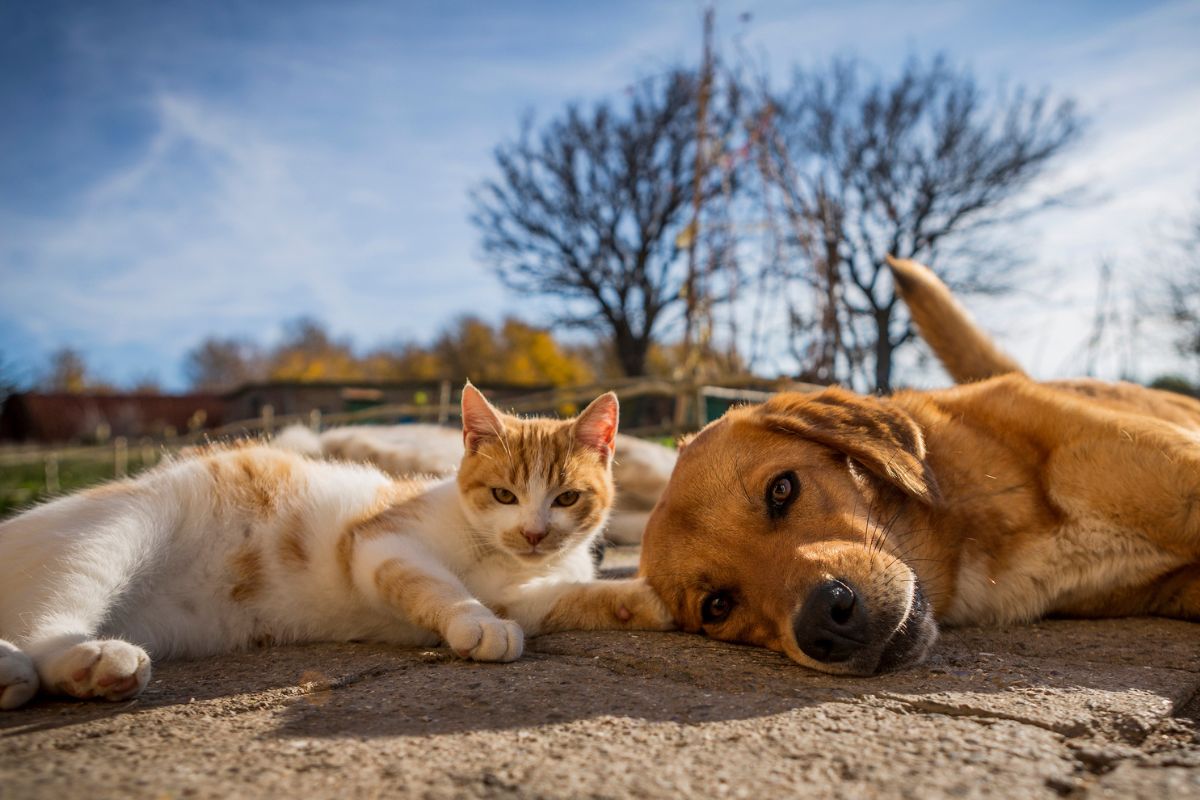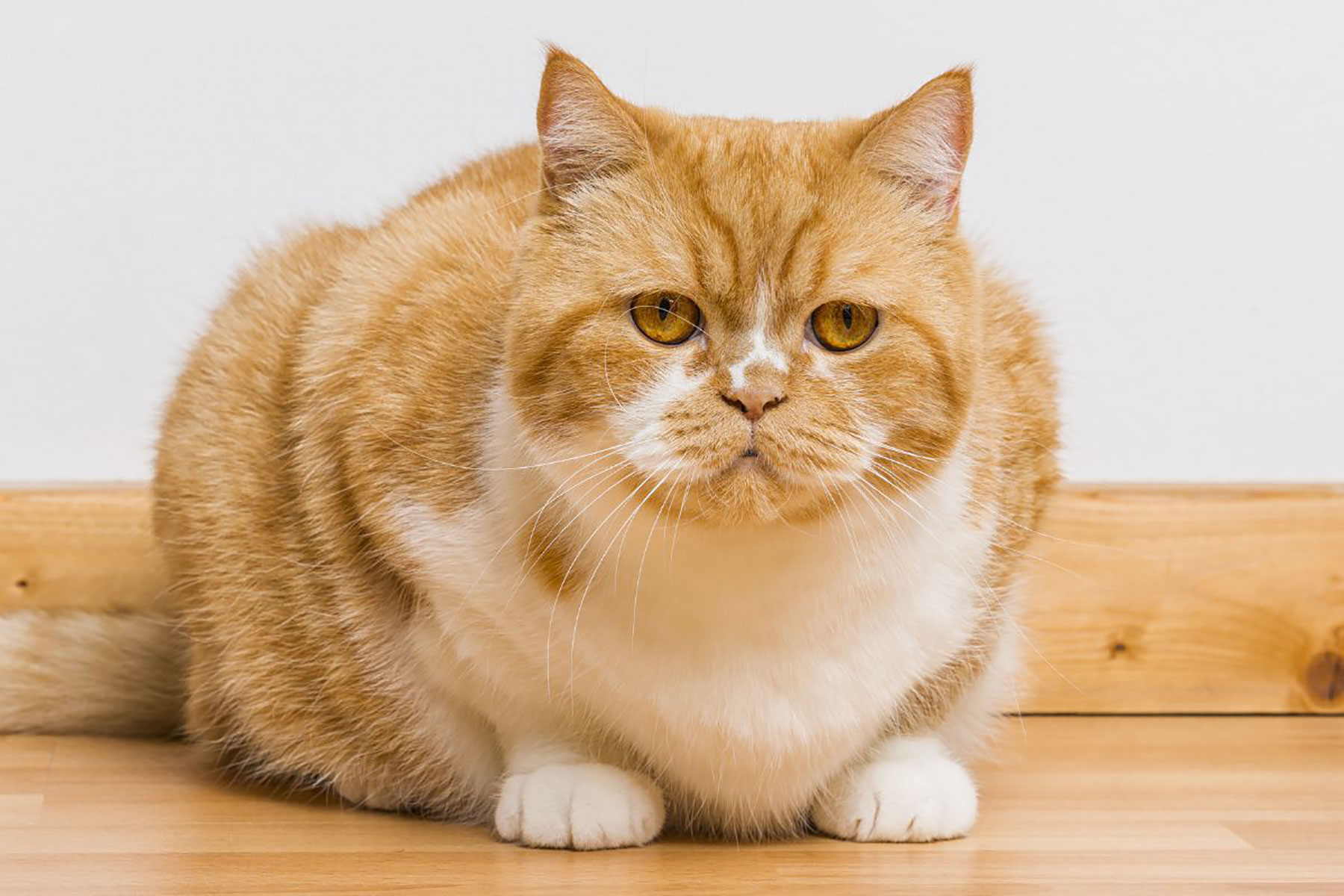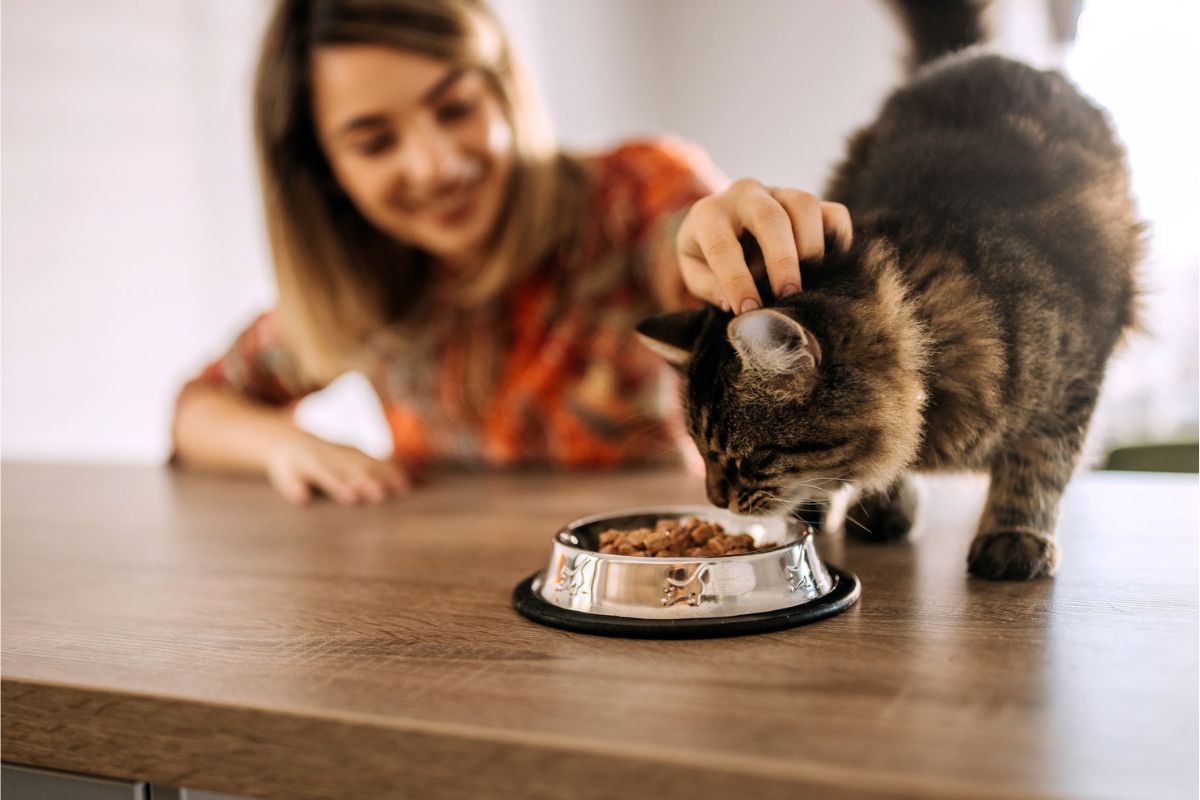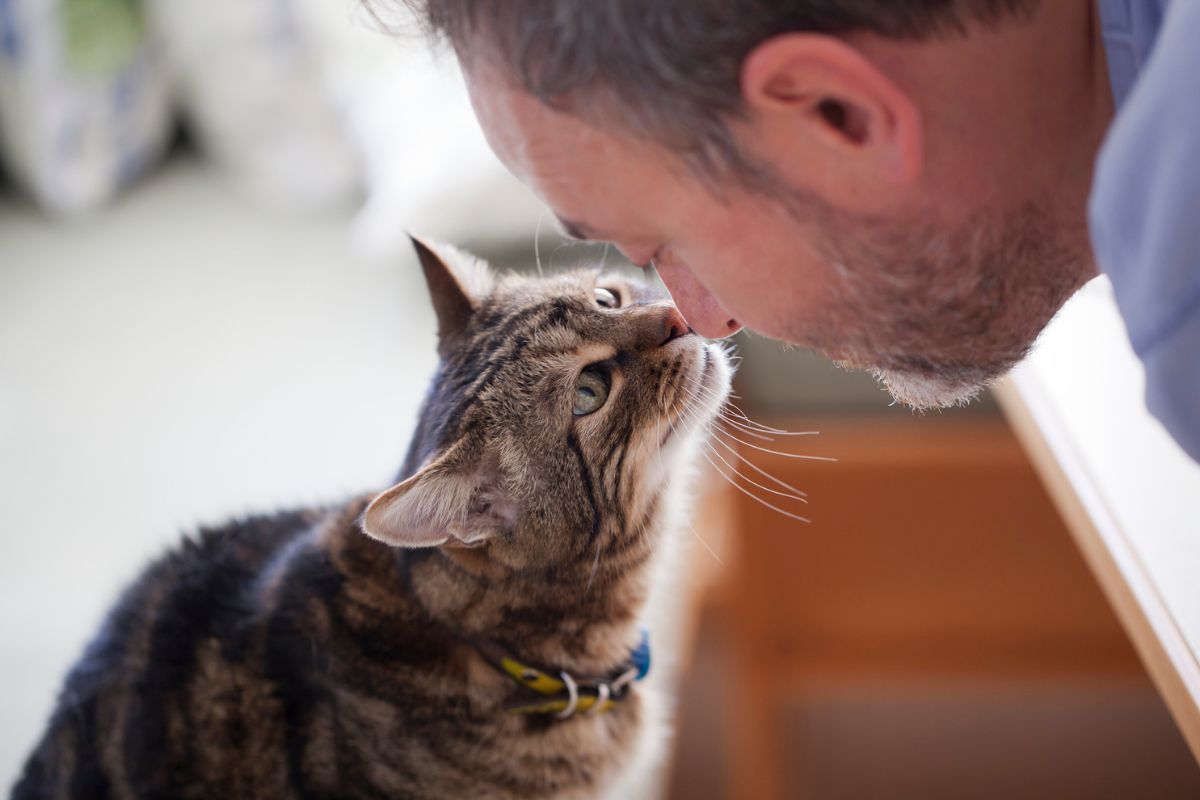Pet oral care: the role of dental diets
We all know how important dental health is for ourselves, but did you know it’s equally crucial for our pets? Dental disease is the most common health issue in pets, with 70% of cats and 80% of dogs experiencing some level of disease by age of two¹. Causes of dental disease in pets The underlying cause of dental disease is plaque. Plaque is that furry film you feel on your teeth when you first wake up in the morning. It is a mix of saliva, bacteria and tiny food particles that sticks to your teeth and accumulates especially along the gum line. If not removed, it can mix with minerals in saliva to cause tartar and the bacteria can cause pain and inflammation of the gums, which is known as gingivitis. This inflammation can eventually affect the tissues that support the teeth leading to tooth loss. It isn’t always obvious that your pet has dental disease, however some of ...












